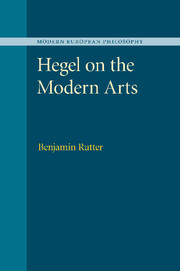3 - The values of virtuosity
Published online by Cambridge University Press: 06 December 2010
Summary
Even now, what I love above all else is form, provided it be beautiful, and nothing beyond it. Women, whose hearts are too ardent and whose minds are too exclusive, do not understand this religion of beauty, beauty without feeling. They always demand a cause, an end. I admire tinsel as much as gold: indeed, the poetry of tinsel is even greater, because it is sadder. The only things that exist for me in the world are beautiful verse, well-turned, harmonious, singing sentences, beautiful sunsets, moonlight, pictures, ancient marbles, and strongly marked faces. Beyond that, nothing. (August 1846)
The time for Beauty is over. Mankind may return to it, but it has no use for the present … Meanwhile we are in a shadowy corridor, groping in the dark. We are without a lever; the ground is slipping under our feet; we all lack a basis – literati and scribblers as we are. What's the good of all this? Is our chatter the answer to any need? Between the crowd and ourselves no bond exists. Alas for the crowd; alas for us, especially. But since there is a reason for everything, and since the fancy of one individual seems to me just as valid as the appetite of a million men and can occupy an equal place in the world, we must (regardless of material things and of mankind, which disavows us) live for our vocation, climb into our ivory tower, and dwell there along with our dreams.
(April 1852)- Type
- Chapter
- Information
- Hegel on the Modern Arts , pp. 120 - 169Publisher: Cambridge University PressPrint publication year: 2010



